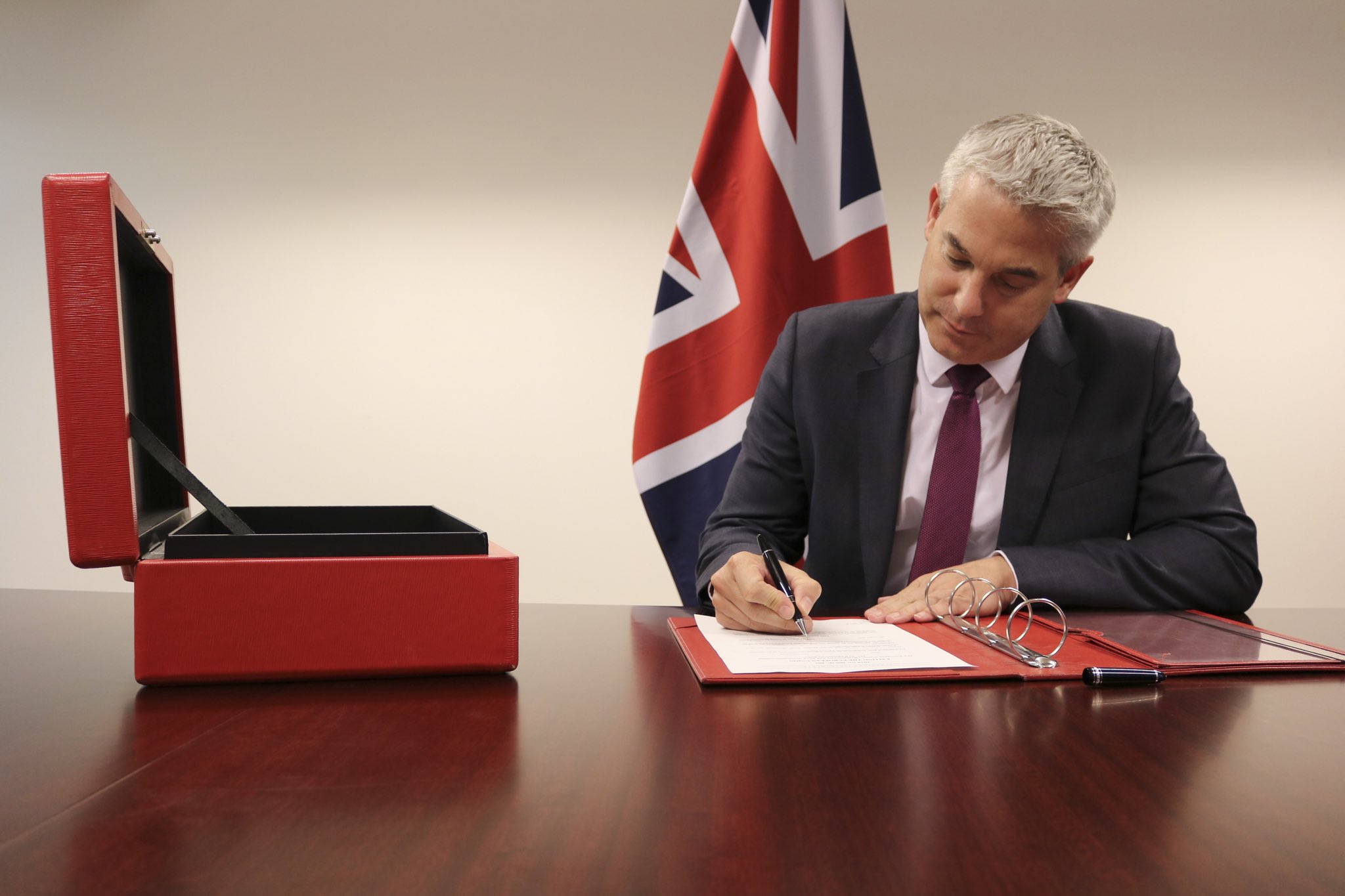The UK government has announced a funding of up to £210 million (approximately Ksh 38.5 billion) from the UK aid budget to support the Fleming Fund’s efforts in tackling antimicrobial resistance (AMR) across Asia and Africa. This investment aims to enhance disease surveillance systems, establish advanced laboratories, and expand the global healthcare workforce to effectively combat the threat of deadly AMR.
This funding initiative, which spans over the next three years, will particularly focus on 25 countries, including Kenya, Indonesia, Ghana, and Papua New Guinea, where the burden of AMR is most severe. The funds will facilitate the upgrading of more than 250 laboratories, equipping them with state-of-the-art technology, including genome sequencing tools to track the transmission of bacteria among humans, animals, and the environment.
The investment will also contribute to training 20,000 laboratory staff, pharmacists, and hospital workers through various sessions. Additionally, over 200 scholarships under the Fleming Fund will be provided to enhance expertise in microbiology, AMR policy, and One Health, a concept that recognizes the interconnection between human health, animal health, and the environment.
Steve Barclay, the Secretary of State for Health and Social Care, emphasized the urgency of halting AMR’s progress, terming it a silent global threat. The investment, he stated, will enable high-risk countries to effectively combat AMR, safeguarding lives and bolstering global health security.
Antimicrobial resistance leads to the ineffectiveness of antibiotics and other treatments against infections. Approximately 1.27 million people die annually worldwide due to AMR-related issues, with a significant proportion being children under five. In 2019, AMR caused an estimated 7,000 to 35,000 deaths in the UK alone.
The funding initiative also marks the second phase of the UK-India Fleming Fund partnership. This partnership, worth up to £3 million, focuses on collaborative AMR surveillance efforts across One Health sectors, reinforcing both countries’ commitment to addressing AMR-related challenges.
The Secretary of State’s visit to India for the G20 Health Ministers’ meeting is significant in this context. During his visit, he will visit India’s National Centre for Disease Control, where joint efforts between India’s government and the Fleming Fund are being undertaken to combat antimicrobial resistance. The visit will also witness the showcasing of innovative health technology, fostering the UK-India tech partnership aimed at transforming healthcare in both nations.




